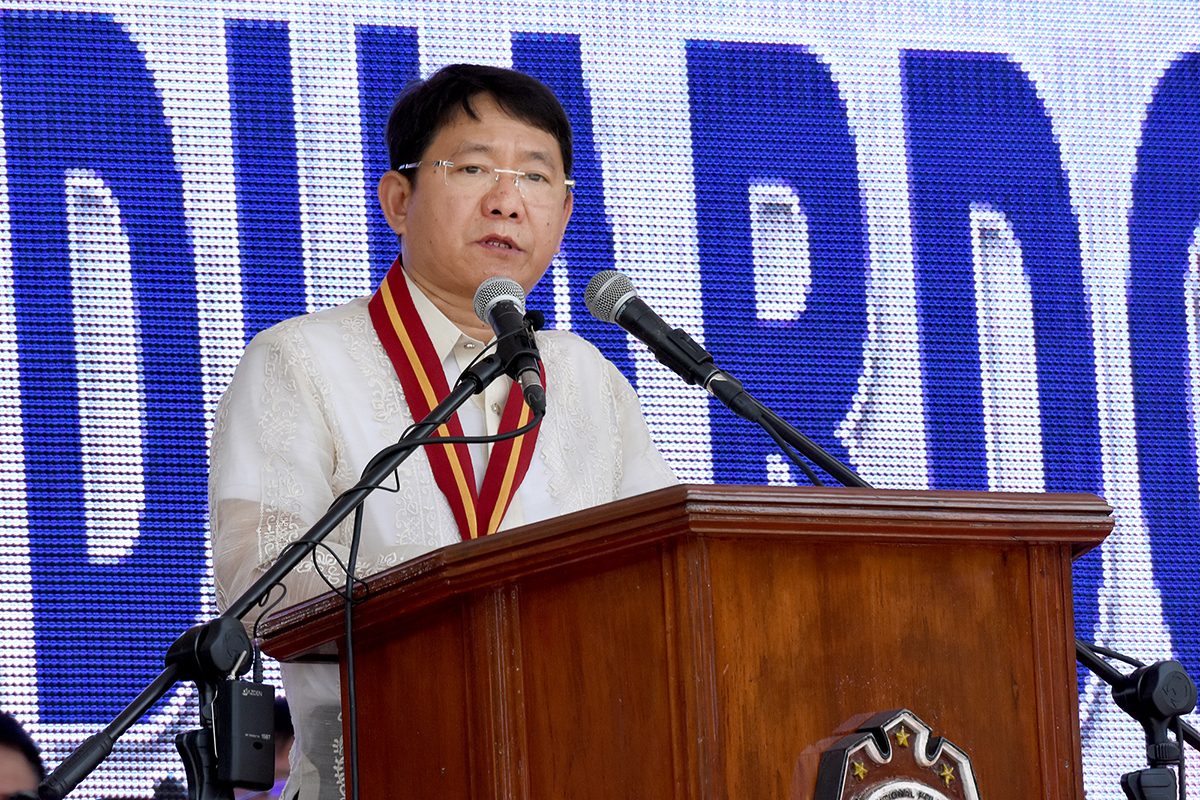SUMMARY
This is AI generated summarization, which may have errors. For context, always refer to the full article.

MANILA, Philippines – The Department of the Interior and Local Government (DILG) has rejected the proposal to lift the no-tattoo requirement for aspiring cops, saying that this would hurt the image of the police as “role models.”
“Call it old school, but the police service should not only deliver excellent law enforcement service but should be comprised of men and women who acknowledge that they are role models to the people and the youth,” Undersecretary Eduardo Año, DILG Officer-in-Charge said in a statement on Wednesday, April 4.
“We want our police to look dignified, wearing proper uniform, and with no tattoos,” the retired military chief added.
Año was reacting to the proposal of Davao City 1st District Representative Karlo Nograles to lift what he called the “archaic” rule and to allow people with tattoos to join the police or military service.
Año is the latest top security official to oppose Nograles’ proposal.
Defense Secretary Delfin Lorenzana earlier said that tattoos “are ugly and connote gangster image,” while Philippine National Police chief Director General Ronald dela Rosa said tattoos would make cops look like “criminals.” (READ: Tattoos make cops, soldiers look like gangsters, criminals – DND, PNP chiefs)
Lorenzana, Año, and Dela Rosa are all graduates of the Philippine Military Academy. – Rappler.com
Add a comment
How does this make you feel?
There are no comments yet. Add your comment to start the conversation.